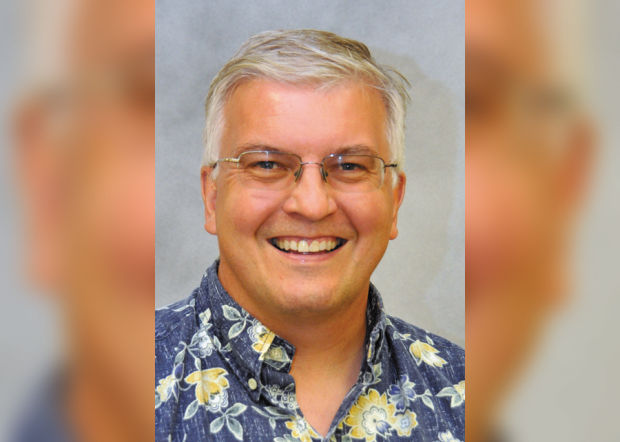Walter Lewis is an intelligent, community-minded person, which is why it is so bewildering that he prefers to attack our cooperative rather than work with us to make a better Kauai. The No. 1 goal in our new strategic plan
Walter Lewis is an intelligent, community-minded person, which is why it is so bewildering that he prefers to attack our cooperative rather than work with us to make a better Kauai.
The No. 1 goal in our new strategic plan is to reduce the average residential electric bill by at least 10 percent, even with oil prices expected to rise over the next decade.
Does that sound like the goal of “a management concerned more about growing its revenues than serving its customers?”
As president and CEO, I can tell you that my job is all about serving our members. One aspect of that job is ensuring the long-term financial stability of the cooperative. We’re doing that not by chasing more revenue — in the utility business in 2014, that’s a losing strategy.
My focus is bringing environmentally friendly, lower-cost renewable energy projects online — including residential solar — while controlling costs.
I first want to address a familiar topic that seems to be at the heart of Mr. Lewis’s animosity toward the cooperative. He thinks KIUC paid too much to buy Kauai Electric.
It was in 1999, not in 2001 as Mr. Lewis writes, that a group of local business people formed the Kauai Island Utility Cooperative to begin exploring the possibility of buying Kauai Electric.
Mr. Lewis also gets the sale price wrong. Kauai Electric wasn’t sold for $220 million. It was sold for $215 million (The Garden Island, March 7, 2002; Honolulu Star-Bulletin, Sept. 18, 2002). As part of the deal, members got $3 million in bill credits back from Citizens Utilities (The Garden Island, April 1, 2003), so you could argue that the price was actually $212 million.
He also neglects to mention the appraisal commissioned by the County of Kauai that placed the valuation of Kauai Electric at $214.5 million — almost exactly what KIUC paid (Pacific Business News, Sept. 10, 2002). Nor does he mention that there were multiple parties interested in buying the utility, including the county.
Now, let’s return to 2014.
Mr. Lewis’s comments about our efforts to get off fossil fuel suggest that we’re not trying very hard or not pursuing the best deal for our members.
By the end of this year, 40 percent of Kauai’s energy will come from renewables, up from 5 percent only five years ago.
Right now, workers are building a $40 million solar array in Koloa that will produce electricity at a cost of about 12 cents a kilowatt hour, half the price of creating electricity by burning oil. The savings from cutting our fuel oil consumption by 1.7 million gallons annually will be shared by all the members.
Mr. Lewis’s observations about our smart grid initiative are similarly off-base. And for the record, the monthly opt-out fee is $10.27, not $10.57 as he writes.
Sure, it would have been nice to save the expense of meter reading if everyone had a smart meter.
A favorite theme of Mr. Lewis’s column is the wastefulness of local government, so it’s surprising that he wouldn’t endorse a project funded 50 percent by the Department of Energy that would save KIUC members $800,000 a year.
But the meters aren’t just about saving money. They’re one component in the transformation of our utility into a 21st century energy provider that takes advantage of the best technology available, whether it’s solar power, battery storage or sophisticated software that enables our generators to react instantly to power fluctuations on the grid.
I challenge Mr. Lewis’s statement that “the mentality of KIUC management” is motivated solely by the desire for higher revenue.
Our revenue is expected to be down about 7 percent in 2014 compared with last year, mostly because of lower oil prices but also because of an anticipated 1 percent decline in electricity sales.
This is a trend that has been forecast for several years so we’ve prepared for it.
Our employee count is 10 percent lower than it was six years ago. And our 2014 operating budget is only 1.4 percent higher than it was in 2011.
According to my calculations, Mr. Lewis will be teeing up KIUC for another column in about four months.
And I’ll probably write another rebuttal.
We could both be doing something more productive.
David J. Bissell is president and CEO of Kauai Island Utility Cooperative.


